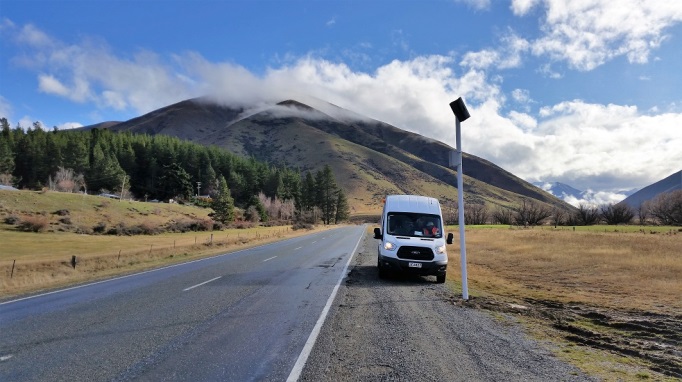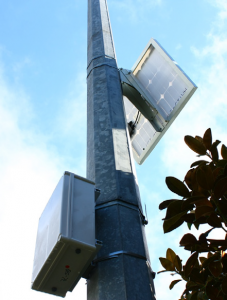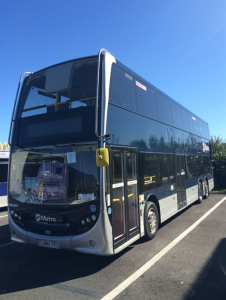Resolve Group has been closely involved with the Intelligent Transport System trial of real-time messaging to visitor drivers through Bluetooth, the first time such a technology has been implemented for transport.
The trial is taking place from the end of June through to December on the Christchurch to Queenstown route (SH8). The initial stages of the project will see roadside technology from trial partner HMI Technologies push safety messaging, via Bluetooth, to units placed in rental cars from trial partner Go Rentals. In the future, with later model vehicles, the messages could be pushed directly to the car’s media centre.
It is hoped the trial will demonstrate the potential of technology to improve safety outcomes in remote locations. Although this will not eliminate driver error completely, it has the potential to be a part of the on-going suite of safety offerings delivered by the Transport Agency.
Sixty-three roadside transmitters have been installed on the main highway between Christchurch and Queenstown. Installing the same number of signs would have taken more than a year (roughly one week/sign), but it took only 21 days to install the entire Bluetooth system on the ground. Unlike traditional VMS, all these beacons are solar powered and produce zero emissions.
The route was selected because of the high number of rental vehicles using the popular tourist road and involves rental vehicle customers volunteering to take part.






